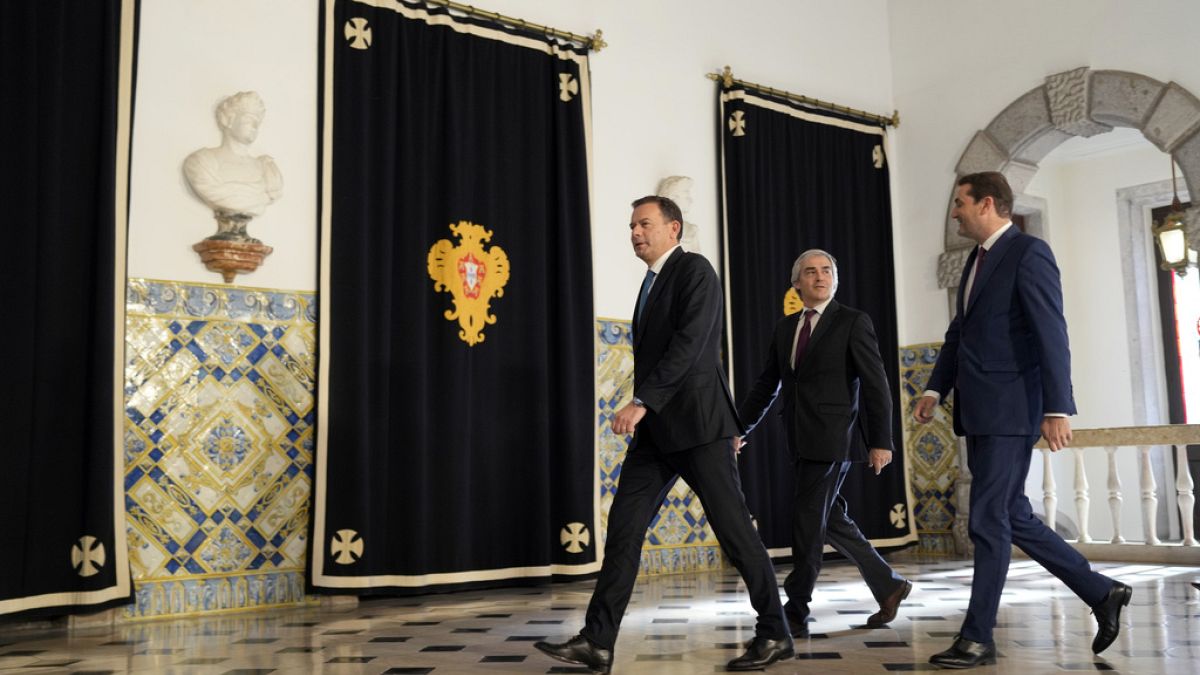Head of the centre-right Democratic Alliance coalition Luis Montenegro led his party to victory, while the left continue to cling onto political sway within parliament.
The Social Democratic Party has won Portugal’s general election by a slender margin and is set to form a minority government. Results published late Wednesday gave the Democratic Alliance a final tally of 80 seats in the 230-seat National Assembly, Portugal’s parliament.
The centre-left Socialist Party placed second with 78 seats and has said it won’t stand in the way of the Democratic Alliance forming a minority government in an upcoming parliamentary vote.
The hard-right Chega party (Enough) collected 50 seats, up from 12 in a 2022 election. This is a staggering surge that upends traditional politics in Portugal where the Social Democrats and Socialists have alternated in power for decades.
Chega leader Andre Ventura is demanding that the Social Democrats give his party a say in governing the country, either through granting it seats in the Cabinet or through a parliamentary alliance.
Final official results will be certified on Friday. By law, the parties have 48 hours to present legal challenges to the outcome.
President Marcelo Rebelo de Sousa, as head of state, invited Luis Montenegro, head of the Democratic Alliance and Social Democrat leader, to form a government at a meeting held after midnight.
Montenegro and his government are due to take office on 2 April. The government then presents its policy proposals to Parliament, where other parties can bring a vote of no confidence. If that motion is successful, another party leader is invited to try to form a government, or another election is held.
Montenegro, the incoming prime minister, has so far ruled out any deal with the populists, many of whose policies are unpalatable for many Portuguese. But his hand could be forced by political circumstances because his minority government won’t be able to push through legislation on its own.
Ventura, the populist leader, has threatened to make life difficult for the new government in key votes, such as the state budget unless Montenegro yields to his demands.
Ventura has made common cause with other radical-right parties across Europe. He has built ties with Matteo Salvini, Italy’s deputy prime minister and head of the populist, right-wing League party, French far-right leader Marine Le Pen and the leader of neighbouring Spain’s far-right Vox party, Santiago Abascal.
Ventura says he is prepared to drop some of his party’s most controversial proposals – such as chemical castration for some sex offenders and the introduction of life prison sentences – if that opens the door to power.
